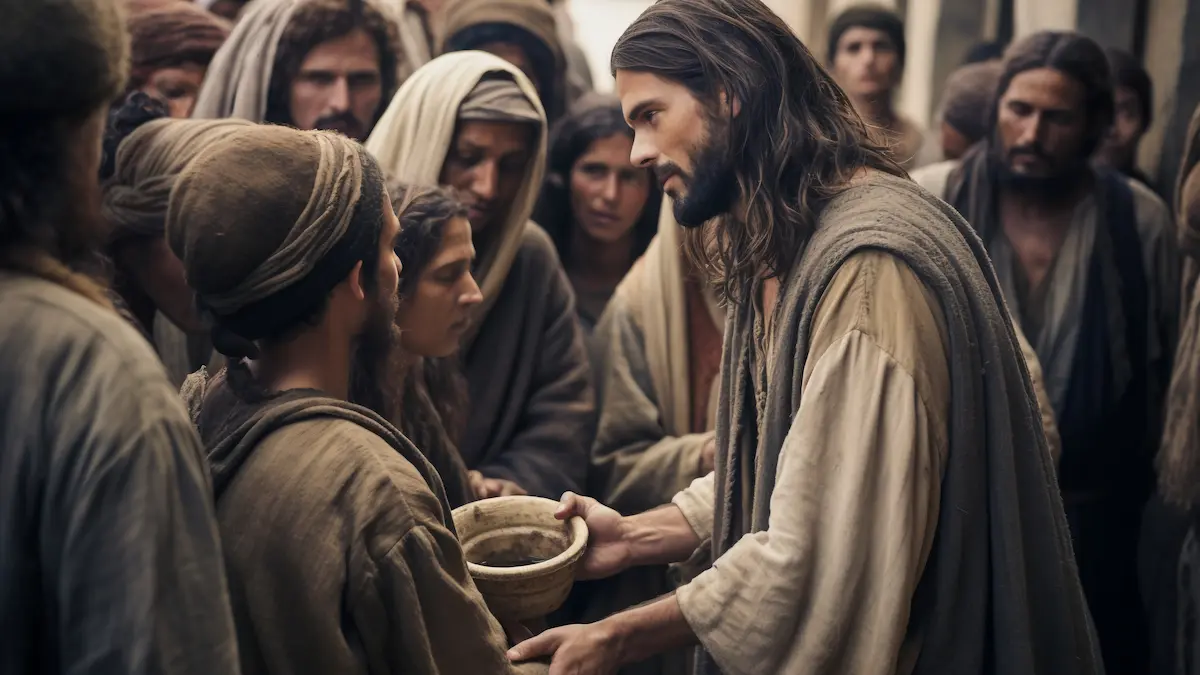Explore the different types of fasting in the Bible-full, partial, and more and how they deepen your faith and spiritual connection with God.
Introduction
Fasting is more than just skipping meals, it’s a spiritual discipline that has helped believers grow closer to God for thousands of years. But did you know that the Bible mentions different types of fasting, each with its own purpose and spiritual benefits?
If you’ve ever wondered how to fast in a way that pleases God and strengthens your faith, this guide will explain the main types of fasting and why each one matters.
Full Fast
A full fast involves abstaining from all food, sometimes even water, for a specific period. This type of fasting is intense and is usually done for spiritual breakthroughs or urgent prayer needs.
- Biblical Example: Moses fasted for 40 days and nights while receiving the Ten Commandments (Exodus 34:28).
- Purpose: Draw closer to God, humble oneself, and seek divine guidance.
- Practical Tip: Only attempt a full fast if you are healthy and have prepared spiritually and physically.
Partial Fast
Partial fasting means limiting certain foods or meals instead of completely abstaining from all food.
- Biblical Example: Daniel fasted for 21 days, eating only vegetables and drinking water (Daniel 10:2–3).
- Purpose: Discipline the body while maintaining energy for work and prayer.
- Practical Tip: Beginners can try skipping one meal or avoiding sweets and processed foods for a day.
Daniel Fast
The Daniel Fast is a specific type of partial fast inspired by Daniel’s example: only plant-based foods, no rich or processed foods, and water as the primary beverage.
- Purpose: Promote spiritual focus and purity while maintaining health.
- Practical Tip: Combine the Daniel Fast with prayer and Bible reading for maximum spiritual benefit.

Corporate or Group Fasting
Sometimes, fasting is done together as a church or community for collective prayer and repentance.
- Biblical Example: Jonah called the people of Nineveh to fast and pray, leading to a city-wide spiritual awakening (Jonah 3:5).
- Purpose: Unite believers in prayer, repentance, and seeking God’s intervention.
- Practical Tip: Organize short-term group fasts, like 24-hour fasts for a church or small group event.
Spiritual Benefits of Each Type of Fast
No matter which type of fasting you choose, the spiritual benefits are profound:
- Increased intimacy with God
- Clarity and guidance in decision-making
- Strengthened prayer life
- Humility and self-discipline
Fasting is not about self-punishment, it’s about drawing nearer to God and aligning your heart with His purposes.
Conclusion & Call-to-Action
Fasting is a versatile and powerful spiritual discipline. Whether you try a full fast, partial fast, Daniel fast, or group fast, the goal is always the same: to humble yourself, seek God, and grow closer to Him.
Your next step: Choose one type of fast that fits your current season and spiritual goals. Pair it with prayer and Scripture reading, and watch how God transforms your heart. Share your experience in the comments to inspire others!





